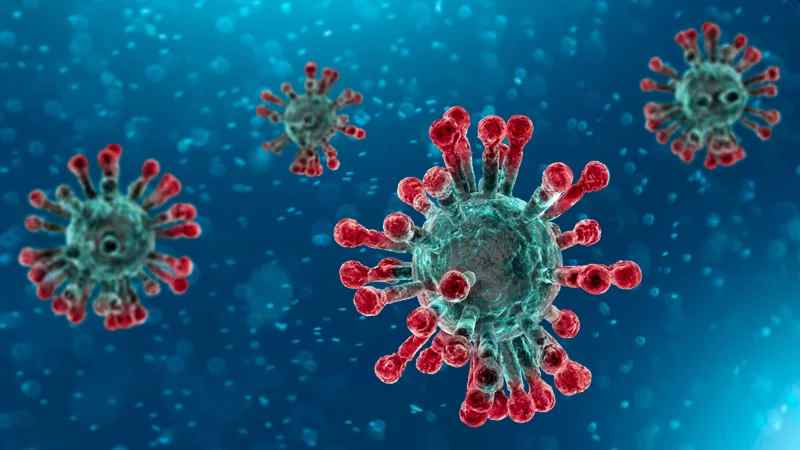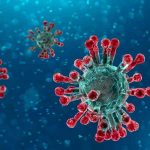Coronavirus Cure: Scientists at University of Pittsburgh says they have found a vaccine for coronavirus, also comes with a safer delivery method

In a race for coronavirus cure, scientists at the University of Pittsburgh School of Medicine believe they’ve found potential vaccine against SARS-CoV-2, the new coronavirus causing the COVID-19 pandemic. The researchers announced their findings Thursday and believe the vaccine could be rolled out quickly enough to “significantly impact the spread of disease,” according to their study published in EBioMedicine.
When tested in mice, the vaccine, delivered through a fingertip-sized patch, produces antibodies specific to SARS-CoV-2 at quantities thought to be sufficient for neutralizing the virus. The scientists say they were able to act fast because they had already done research on the similar coronaviruses SARS and MERS.
“These two viruses, which are closely related to SARS-CoV-2, teach us that a particular protein, called a spike protein, is important for inducing immunity against the virus,” read a statement from co-senior author Andrea Gambotto, M.D., associate professor of surgery at the Pitt School of Medicine.
“We had previous experience on SARS-CoV in 2003 and MERS-CoV in 2014. These two viruses, which are closely related to SARS-CoV-2, teach us that a particular protein, called a spike protein, is important for inducing immunity against the virus. We knew exactly where to fight this new virus,” said co-senior author Andrea Gambotto, associate professor of surgery at the Pitt School of Medicine. “That’s why it’s important to fund vaccine research. You never know where the next pandemic will come from,” the scientists said in a statement.
“Our ability to rapidly develop this vaccine was a result of scientists with expertise in diverse areas of research working together with a common goal,” said co-senior author Louis Falo, professor and chair of dermatology at Pitt’s School of Medicine and UPMC.
“We developed this to build on the original scratch method used to deliver the smallpox vaccine to the skin, but as a high-tech version that is more efficient and reproducible patient to patient,” Falo said. “And it’s actually pretty painless—it feels kind of like Velcro.”




